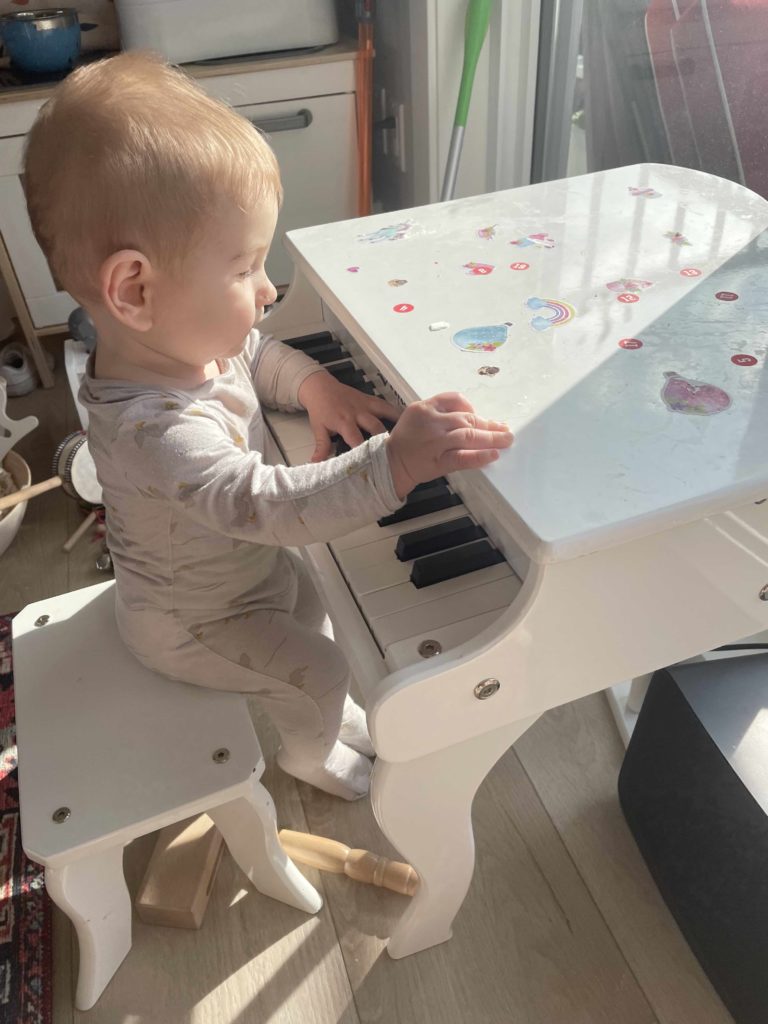The Power of Music Therapy for Non-Verbal Kids

In the world of pediatric healthcare, we often find ourselves searching for innovative and holistic approaches to cater to the unique needs of each child. For children who face communication challenges, particularly those who are non-verbal, music therapy emerges as a remarkable tool for unlocking their potential and enhancing their well-being. In this blog post, we’ll explore the fascinating realm of music therapy and its profound impact on non-verbal children.
The Language of Music: Music is often called the universal language, transcending barriers and connecting people across cultures and ages. This universal language can be an invaluable means of expression and communication for non-verbal children. Here’s how music therapy can make a real difference in their lives:
- Emotional Expression: One of the most significant benefits of music therapy is its capacity to help non-verbal kids express their emotions. Through instruments, rhythm, and melody, children can convey feelings they may struggle to express through traditional verbal communication. Music provides a safe outlet for emotional expression, whether it’s joy, frustration, or sadness.
- Improved Social Interaction: Music therapy can create a bridge for non-verbal children to connect with others. Group sessions encourage social interaction, turn-taking, and cooperation. These skills can extend beyond the therapy room, helping children engage more effectively with their peers and family members.
- Enhanced Cognitive Development: Engaging with music can stimulate cognitive development in non-verbal children. Rhythmic activities can boost memory and attention span while learning to play an instrument promotes problem-solving skills. These cognitive benefits can positively impact a child’s overall development.
- Reducing Anxiety and Stress: Many non-verbal children experience anxiety and stress due to communication difficulties. Music therapy can soothe their nerves, reduce stress levels, and promote relaxation. These sessions create a calming and supportive environment where children can feel safe and understood.
- Encouraging Physical Movement: Music therapy often involves movement and dance, which can be particularly beneficial for children with limited verbal communication. Dancing to the beat of a song promotes physical coordination, balance, and gross motor skills development.
- Building Self-Esteem: Success in music therapy activities can boost a non-verbal child’s self-esteem. Accomplishing musical tasks, even simple ones can provide a sense of achievement and pride, which can carry over into other aspects of their lives.
Collaboration with Professionals: It’s important to note that music therapy is most effective when carried out by trained and certified music therapists who work closely with a child’s healthcare team. These professionals tailor their approach to meet each child’s unique needs, ensuring that the therapy is both enjoyable and beneficial.
Music therapy is a powerful tool for non-verbal children in pediatric healthcare settings. It empowers them to express themselves, develop essential skills, and connect meaningfully with others. By incorporating music therapy into the treatment plan, we can give non-verbal children a voice, fostering their growth and enhancing their overall well-being. It’s a harmonious journey of healing, one note at a time.